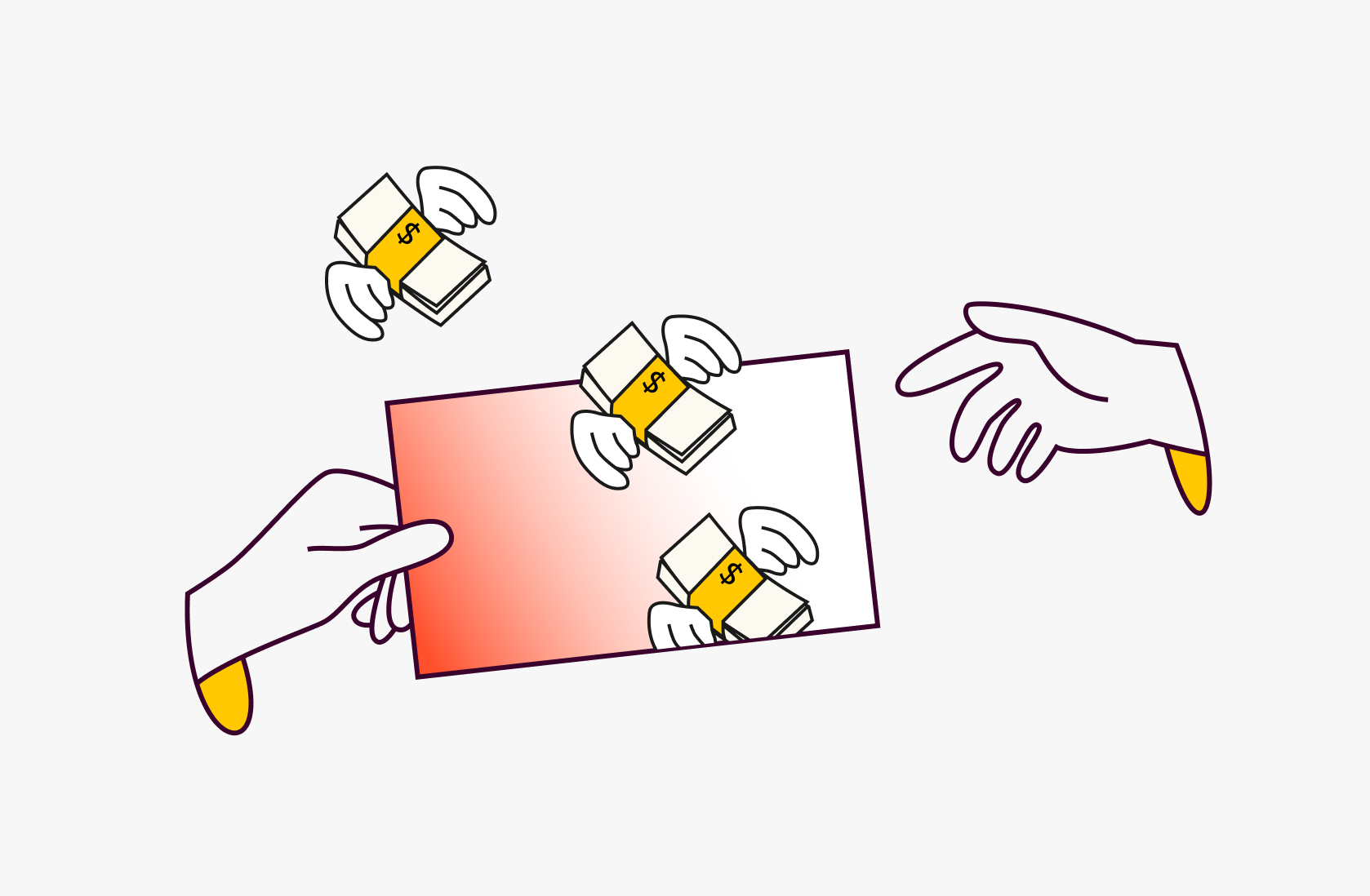2024 W3 - "Ryanair software"


Every week I post about one thing that happened at Rows. We're building in public!
--
I notice that more and more software is offered as a barebones product at a low price, often free, and you get charged for every convenience on top.
That is, a "Ryanair-style software".
It isn't good or bad per se, it's just a strategy. Ryanair is a financially viable airline thriving in the middle of European competitors that mostly operate with worse financials, some having went bankrupt several times. Many Ryanair travelers complain about service and strict conditions, but they do get people from A to B for a low price. Water, pillow, checked bags, not included.
Last week we discussed a bit of that, that is, to what extend should we atomize the pricing experience with many upgrade triggers, vs. just a few big ones. There's people on both camps.
There are some precedents of the Ryanairization of Software:
Games have always been pretty creative in terms of monetization. Mobile games have created, then amplified the trend of free and paid power-ups, with quite nagging limitations when you don't. We're at the point that even some old blockbuster franchises launched models with a mix of free, in-game purchases and subscriptions, such as Diablo Immortal.
Social networks are now on the same bandwagon. X (Twitter) famously started charging for blue checks, then less ads, their API, high-res picture posting, etc. Facebook and Instagram have somewhat started to follow them, at least on verification.
Many SaaS products, especially non-enterprise ones, offer a free tier in a product-led strategy. Loom and Notion, for example, are successful products that offer a limited free version, by number of (videos, blocks) you can create, and then charge you for unlimited objects, AI, special login options, etc. Rows is in this bandwagon too, with a free and then paid plans for more Integrations (like OpenAI) and other super powers.
Other examples are large platforms. Google offers a full suite of software tied your personal account (gmail), but when you register through a company, you have to on a per person basis. In the last couple of years, they've segmented new features more and more, with more pricey plans. Even Apple now offers several subscriptions, and even a mega bundle called Apple One.
These examples mix several pricing models. Let's look at how each model can apply a toa Ryanairization rational:

Taken to an extreme, more triggers can be very tiresome and they will erode trust. But it also optimizes the funnel of value.
The complete opposite is probably something like an air ticket in 1st class. You pay once through the nose, "and you pay for the whole experience", and everything is included including support.
At Rows we think the answer is in the middle. We want to have a few triggers, but not atomize too much. It's an open question still, and we will experiment too.
What do you think of Ryanair-style Software?
-
See you next week
Humberto

